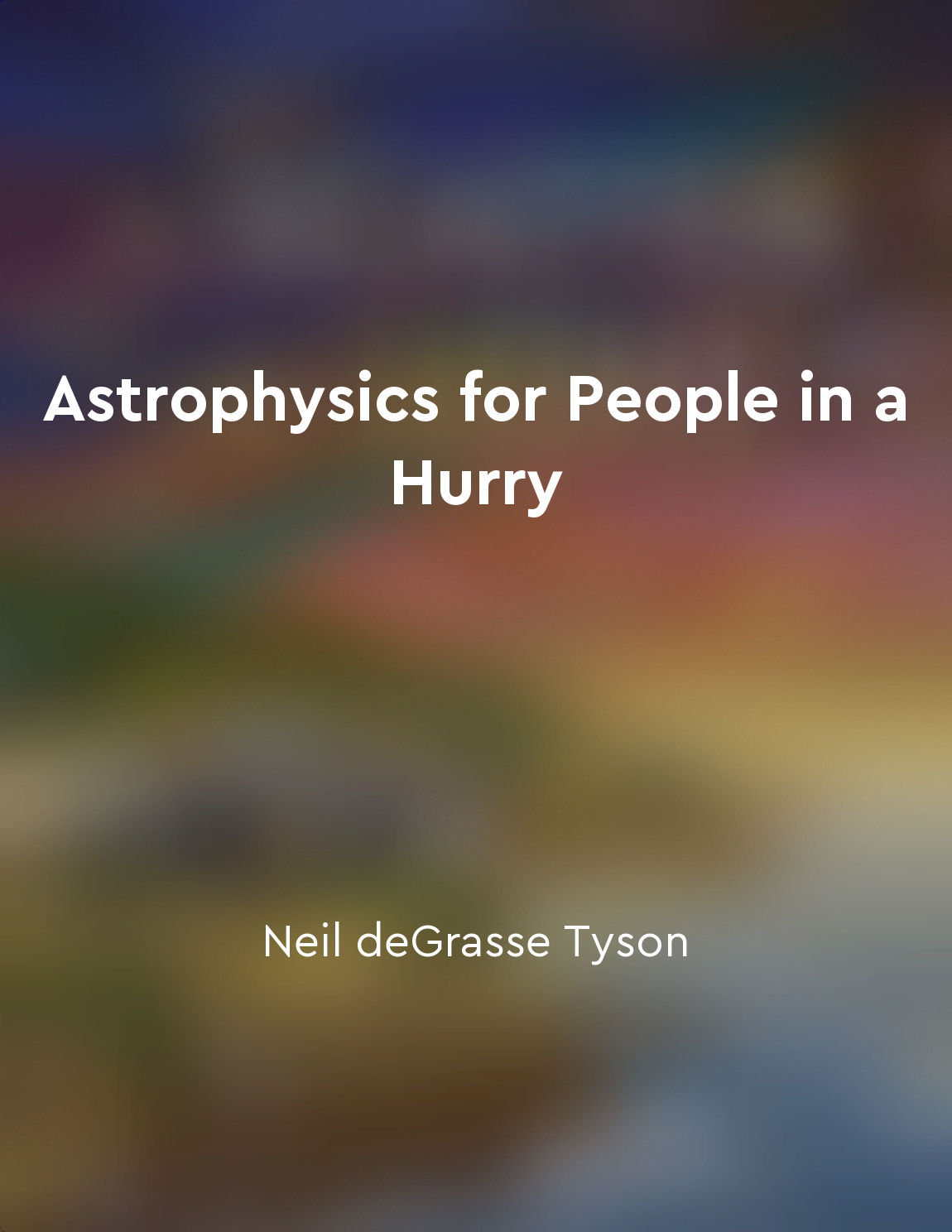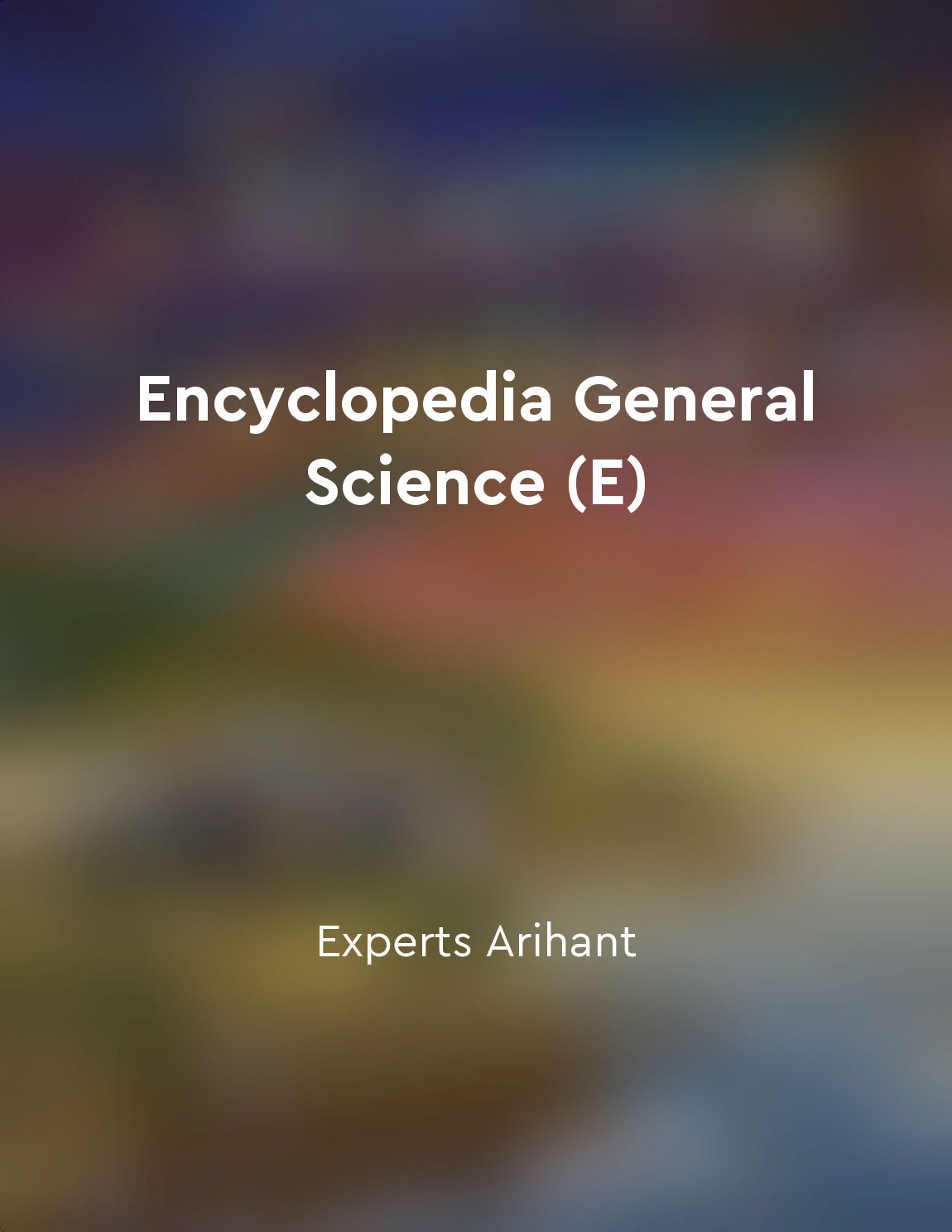Their distance from their host star is crucial from "summary" of Exoplanets and Alien Solar Systems by Tahir Yaqoob
The distance of a planet from its host star is a critical factor in determining its characteristics and potential for habitability. This distance, known as the planet's orbital distance or semi-major axis, has a direct impact on the planet's temperature, atmosphere, and potential for liquid water. Planets that are too close to their host star may be too hot to support life as we know it. High temperatures can lead to the loss of water and volatile compounds, resulting in a barren, inhospitable environment. These planets, known as "hot Jupiters," are often found orbiting very close to their host stars, with orbital periods of just a few days. On the other hand, planets that are too far from their host star may be too cold to support liquid water on their surfaces. These icy worlds, known as "ice giants," are found in the outer regions of planetary systems and have frigid temperatures that make them inhospitable to life as we know it. The ideal distance for a planet to support life as we know it is within the star's habitable zone, also known as the "Goldilocks zone." This is the region around a star where conditions are just right for liquid water to exist on the planet's surface. Planets in the habitable zone may have the potential to support life, depending on other factors such as their composition, atmosphere, and geological activity.- The distance of a planet from its host star is a crucial factor in determining its potential for habitability. Planets that are too close or too far from their star may be inhospitable to life as we know it, while planets in the habitable zone have the potential to support liquid water and, potentially, life.
Similar Posts
Thermodynamics provides a robust framework for understanding nature
Thermodynamics, with its foundation in the laws of energy conservation and entropy increase, offers a comprehensive framework f...

Quantum mechanics and relativity are fundamental to understanding the universe
Quantum mechanics and relativity are the twin pillars upon which our understanding of the universe stands. Quantum mechanics de...
Space debris poses a risk to spacecraft
Space debris, also known as space junk, is a growing concern for spacecraft operating in Earth's orbit. This debris consists of...

Longterm missions may uncover evidence of extraterrestrial civilizations
Longterm missions have the potential to reveal evidence of extraterrestrial civilizations. By embarking on missions that extend...

The Milky Way's stars contribute to the galaxy's overall mass
The stars within the Milky Way play a crucial role in determining the galaxy's total mass. These luminous celestial bodies, sca...
The mysteries of dark matter and dark energy intrigue researchers
The enigmatic nature of dark matter and dark energy continues to captivate the minds of researchers around the world. Despite d...
The study of exoplanets may provide insights into our own solar system
Studying exoplanets, or planets outside our solar system, can offer valuable insights into the workings of our own solar system...
The vastness of the universe is both aweinspiring and daunting
The universe is a vast and mysterious place, stretching far beyond what our minds can comprehend. Its sheer size and scale are ...

Earth science explores the natural processes of the planet
Earth science is a field of study that delves into the various natural processes that occur on our planet. It encompasses a wid...

Gravity pulls us in
The force of gravity is a fundamental aspect of our existence, one that influences our every movement and interaction with the ...

